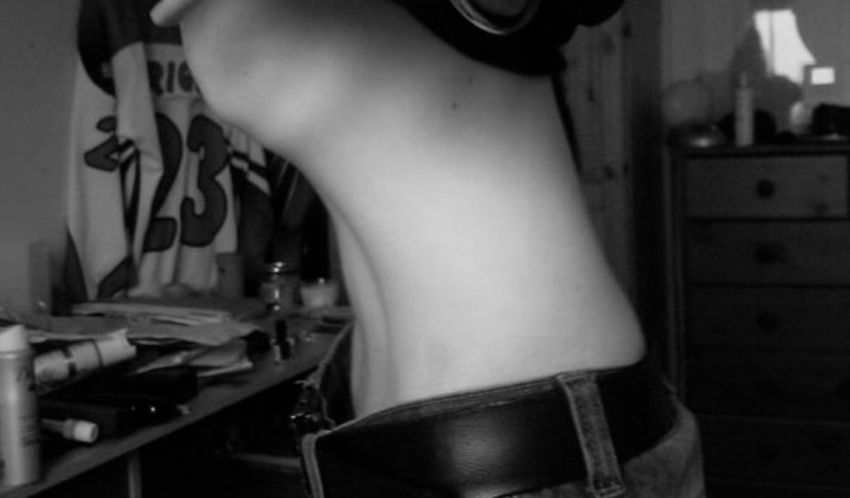Eating disorder therapy London, Bulimia and Anorexia Treatment

OUR SERVICES IN CENTRAL LONDON
One of the many areas of specialisation offered at the offices of Philippe Jacquet & Associates is the treatment of clients for eating disorder therapt London counsellor. This is a very important type of therapeutic support as Mr. Jacquet himself experienced struggles with eating disorders as a young man. This personal experience, combined with a focus on his education and professional training on the subject, allows a truly compassionate and highly effective holistic treatment for clients with a diagnosis of an eating disorder.
Types of Eating Disorder Therapy London
There are several types of eating disorders, and a general category of NOS or Not Otherwise Specified types of eating disorder disorder therapy London. Understanding the specific signs of an eating disorder can be very helpful for both the individual and the family and friends.
Eating disorder Therapy London : Anorexia
Of the diagnosed eating disorders, anorexia is the most common. Whilst anorexia is often associated specifically with teenage girls and young women; it is also found in young men and teenage boys. The most common signs of anorexia include extreme limitation of food intake, often coupled with intensive and unhealthy levels of exercise. Individuals with this eating disorder therapy London have a distorted view of their body and are obsessed with weight, body fat, clothing size, and their overall appearance. Often, they will insist they are “fat” or overweight when they are extremely underweight. Anorexia can be fatal if not treated by consulting the best Central London anorexia treatment experts, and it is usually progressive in nature. Extreme caloric restriction coupled with body systems shutting down from literal self-imposed starvation can lead to life-threatening health conditions.
Eating disorder therapy London : Bulimia
Individuals with bulimia are not always underweight, and it is very likely they may actually be above average weight. They also have body distortion issues but, unlike the anorexic, they engage in periods of extreme eating, known as binges, coupled with purging behaviours. Both of these components of bulimia are hidden from those around them. They may appear to be on a diet only to eat thousands of calories in secret, often in high fat, high sugar, and high carbohydrate foods. The purging component may include the use of diuretics, extreme exercise, laxatives, induced vomiting, or a combination of all purging activities.
Compulsive Overeating
Individuals who have challenges with controlling their eating may have binge eating disorder, also known as compulsive overeating. With this condition, specific events, which may be emotional or psychological, trigger the extreme consumption of food.
While engaging in this behaviour, which is virtually always hidden from others, the individual will eat without seeming to be able to stop. He or she will be aware they are overeating and will often feel out of control and unable to stop despite realising the behaviour they are engaging in is unhealthy and dangerous. Often people with binge eating disorder diet in extreme ways between binges. However, once the trigger happens they are unable to control the urges to eat or to limit the amount of food they consume.
All types of eating disorders can be treated through counselling, psychotherapy, education, and nutritional and lifestyle support. Holistic and comprehensive long term treatment plans can be highly effective in the ongoing management of these very serious issues.
We work with patients that have anorexia, bulimia, overeating concerns or with compulsive or binge eating complaints. Our staff is experienced, trained and, more importantly, compassionate, providing the optimum therapeutic environment to make the changes you need in your thinking and coping to live a healthy, happy and addiction-free life with the best eating, anorexia, and Central London bulimia treatment.
Holistic Planning
To assist our clients in Central London, we use a very unique approach to eating disorder counselling. First, we see our clients as the heart and soul of our sessions, so therapists work closely with the individual goals of the client to create a holistic and integrated treatment plan. It is essential that treatment is providing the changes that the client wants and desires in order to be effective and meaningful to continue.
We don’t use one specific method in our eating disorder counselling; rather each client will have a unique, bespoke type of treatment experience. Our counsellors will draw from a range of therapeutic techniques that are carefully selected to match the client’s preferred communication and interaction styles as well as his or her goals.
Getting the most of your eating disorder counselling means attending all sessions and being an active participant. When these two things occur the results are amazing and lifelong, truly making a positive change for the better.
Posted by : Philippe Jacquet
Philippe Jacquet & Associates - Mayfair
Central London
W1
- +44 03333392430
- info@philippejacquet.co.uk
Opening Hours :
Monday: 08.00 – 21.00
Tuesday: 08.00 – 21.00
Wednesday: 08.00 – 21.00
Thursday: 08.00 – 21.00
Friday: 08.00 – 21.00
Saturday: 10.00 – 18.00
Sunday: 10.00 – 18.00

